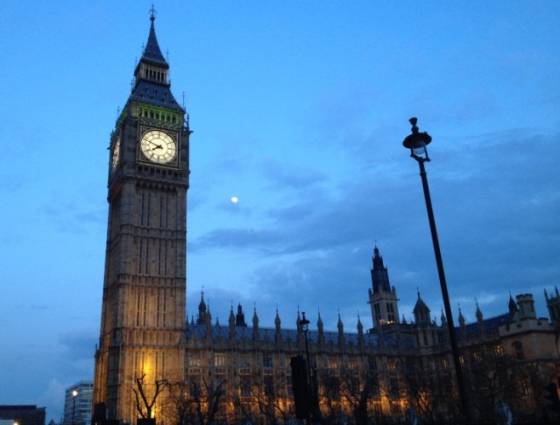June 23, irrespective of your political affiliations, will be remembered as one of the UK’s defining moments in history.
The Brexit decision has undeniably caused widespread socio-economic and political uncertainty. The media has quickly reacted to the Brexit fallout by appointing specialist Brexit editors to their publications, a sure sign that this national and indeed global conversation, is set to continue to develop over time with no immediate end point.
As public relations specialists, our attention is naturally drawn to what is being communicated and perhaps more importantly, how it is being delivered. Having followed the last six weeks very closely, we look back on notable communication examples and identify what can be learned from them.
Towing the party line
In the hours following the Brexit decision, political communication from both the Remain and Leave campaigns was largely disjointed in its tone and messages. The shock nature of the decision to leave the EU can in some respects be attributed to this.
Mark Carney responded quickly and strongly to the Brexit decision. Given the economic fallout that commentators were predicting before June 23, Carney’s calm communication about the Bank of England’s plans following the vote reassured, to a point, the financial markets and the wider business community.
In contrast, a reaction from the then Chancellor, George Osborne, was missing from the wider debate. In the immediate aftermath, Osborne was found to be communicating only via his Twitter account.
The UK’s largest business lobby, the CBI, were also quick off the mark following June 23. It had spokespeople active and vocal on all of the major media platforms. Having been clear on its stance on the potential ramifications of Brexit, it was consistent with its messaging in the face of the decision to leave the EU. It clearly acknowledged that it respected the British’s people decision, but continued to voice its views on the negative impact the decision would have for UK businesses.
The corporate position
For most businesses, contingency plans were, of course, in place long before June 23. However, businesses should also consider how they are communicating internally and externally around these plans following the Brexit decision.
A recent survey reported that consumer confidence fell to its lowest for 26 years after the vote. Although this has been slowly but steadily increasing over the last 6 weeks, it is important for businesses to tackle this attitude head-on.
Corporate transparency on the Brexit decision doesn’t need to drag businesses into the wider political debate. Instead, providing simple assurances to key stakeholders on what plans are in place put companies in a strong position.
Communication learnings
So what lessons can corporate communicators learn from the last six weeks?
In the face of any major decision or event, having a clear communication strategy in place that considers any eventuality is crucial. In turbulent times, clear and decisive communication with your key stakeholders and the media is crucial to preserving trust and confidence.
Irrespective of how unclear a situation may appear, immediate assurances need to be delivered to relevant stakeholders. Time is critical. A rapidly delivered holding statement that acknowledges the situation and highlights the measures that are being implemented provides time in which to establish a more informed response.
Corporate communicators need to have defined messaging relevant to the situation, pre-prepared Q&As, as well as identified and media-trained spokespeople to draw upon.
By providing key company spokespeople with clear messages on the topic, companies can arm themselves against any potentially difficult questions from the public or the media and these messages should be consistently presented across all corporate channels.
Preserving corporate confidence
As Warren Buffett famously said, “it takes 20 years to build a reputation and five minutes to ruin it”, and with this in mind, businesses should not shy away from quickly addressing serious events head on. By doing so, companies are able to present themselves as transparent, and in turn, are able to reaffirm key stakeholder’s trust and confidence even in the face of uncertainty.




Comments